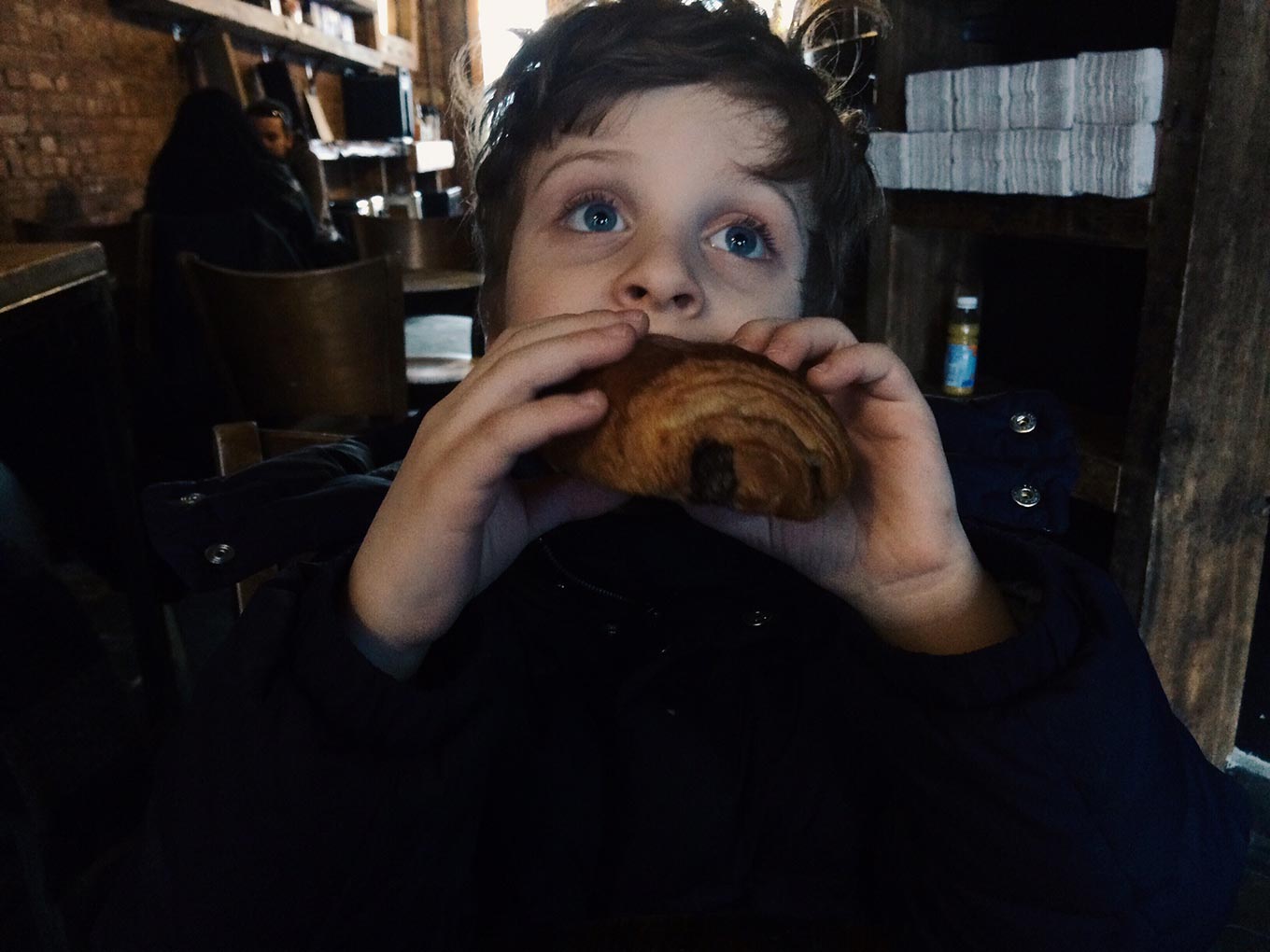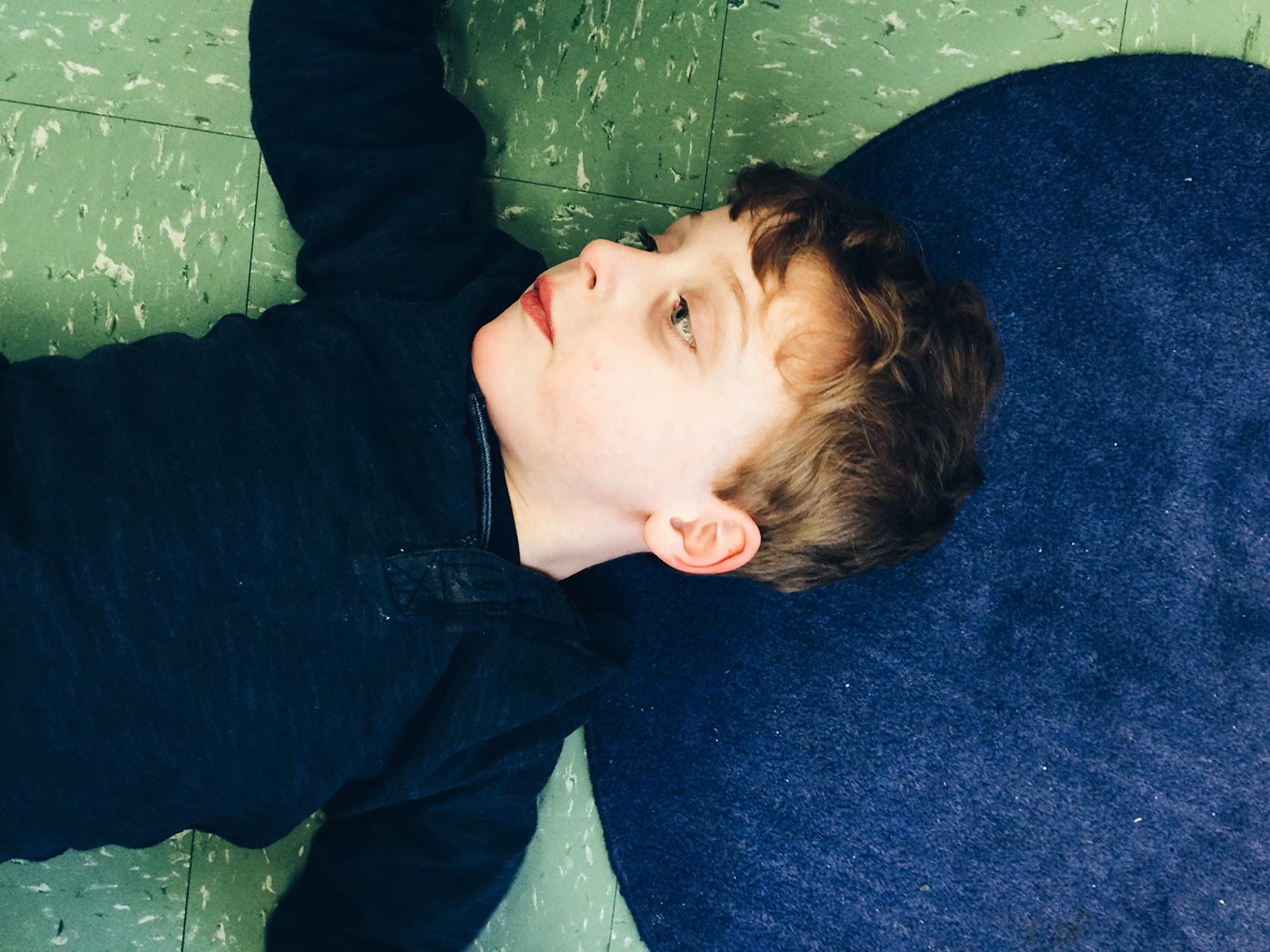Here are some things I’ve read this past month that I found helpful, informative, or inspiring. If you like this and find it helpful, please share with others. Thanks!
Opinions, insights and news
We aren’t your scapegoats. End of story. One of the very best pieces I’ve read against those who use autism as a scare tactic in their war against vaccines. "Which to me was actually far more offensive on its face than the persistence of fear that vaccines have anything to do with autism. Because that’s not just an irrational fear; that statement expresses a conviction that it’s okay to choose a group of people and use our existence as a scare tactic for your own ends. That if a group of people is presumed sufficiently voiceless, you can strip them of agency and the right to self-representation and use them to promulgate a falsehood that’s convenient to your own beliefs just because it’s easy." Read more
We Are Like Your Child: Do You Believe In Your Children? "If you think I am not like your child, I ask you: do you believe in your child? Do you leave the possibilities open? Do you nurture your child so that he feels safe to grow into the adult he is germinating inside himself?" Read more
5 New Year’s Resolutions for Autism Speaks. An excellent rundown of how AutismSpeaks can do things differently — and better — in 2015. Read more
Non Verbal Autism. "Especially damning are the assumptions that my intelligence is low because of my thwarted attempts to respond the way others expect; with verbal words. I can remember a time when a person said to Mom that I have a very low IQ of 40, and I wanted to scream, NO! But I couldn’t. It was horrible not to be able to defend myself.” Read more
Questions for David Mandell: Curbing autism's costs. "Last year, Mandell laid out the costs of having autism, from lost productivity to pricey hospital stays1. He found that it is the fourth most expensive condition in the U.S., trailing behind only trauma, cancer and cardiovascular disease. What’s more, data from Medicaid claims suggest that available autism therapies do little to lower these costs." Read more
Autism’s First Child. I first read this story in the Atlantic before C had an autism diagnosis, and I found it then, as now, touching and (surprisingly) reassuring. Read more
Waukesha police officer helps calm woman with autism with kindness. When a police officer got a call about an unruly customer at a Target, officer "Bukouras quickly realized that the woman just wanted to buy a doll. He also learned she has severe autism and did not understand the concept of money. He calmed her down, and when he found out the caregiver didn't have money to pay for the doll, he bought it himself and gave it to her.” More stories like this, please. Read more
Mom starts scout troop for kids with autism. Great story. Read more
When Children With Autism Grow Up. This was very, very hard to read (emotionally), but I’m glad I did. “...it’s not Scooter’s disability that isolates him; society does." Read more
Movie review: Who Killed Alex Spourdalakis. "Alex deserved better in life. He deserved medical care, be it psychiatric, standard medical or both, to bring him back to the happy person he was before his crisis. But Alex also deserves better in death. He deserves that his life and death not be used as a tool to promote Andrew Wakefield’s poorly supported one-size-fits-all approach to autism." Read more
A curious experience. A review of the theatrical adaptation of The Curious Incident of the Dog in the Night-Time, which I was fortunate enough to see last month. Read more
Science
Multiple diagnoses. “In fact, 95 percent of these children (with autism) have at least three other psychiatric disorders, and 74 percent have five or more, according to a study in the Journal of Autism and Developmental Disorders." Read more
The connections in autistic brains are idiosyncratic and individualized. Research has been contradictory: are autistic brains over- or under-connected? New research may have reconciled the discrepancy: "Researchers at the Weizmann Institute of Science in Israel determined that brain regions with high interconnectivity in controls have reduced connectivity in ASD, and regions with lower connectivity in controls have elevated connectivity in people with ASD.” Read more
Adults with autism feel frequent, lingering anxiety. "Previous studies have linked a high intelligence quotient to anxiety in children with autism. But little is known about anxiety in adults with the disorder.” A new study of 20 adults considers just that. Read more
Autism can mask anxiety symptoms. "Anxiety appears to be common in individuals with autism. In fact, a study of our inpatient unit published in Decemberfound that 63 percent met criteria for an anxiety disorder, such as social phobia or obsessive compulsive disorder. This is in line with results from previous studies.” Read more
Research: Autistic Savants | Autism Research Institute. "The estimated prevalence of savant abilities in autism is 10%, whereas the prevalence in the non-autistic population, including those with mental retardation, is less than 1%.” Read more
Noisy patterns of connectivity mark autism brains. Fascinating, and makes a lot of sense (IMHO). "A new study may have solved a decade-old debate about whether the brains of people with autism are more or less connected than those of controls: They’re both, depending on where in the brain you look." Read more
The research linking autism to vaccines is even more bogus than you think. "Here are five reasons — and many links to further reading — that should remind you just how terrible his (Andrew Wakefield's) research was." Read more
Study downgrades autism gene's effects to rare glitches. "Some earlier studies suggested a strong link to a group of Amish children who inherited mutations in both copies of the CNTNAP2 gene have severe epilepsy and autism.” New research suggests that link may not be as strong as once thought. Read more
Examination of the Safety of Pediatric Vaccine Schedules in a Non-Human Primate Model: Assessments of Neurodevelopment, Learning, and Social Behavior. A previous, small study by funded by an antivaccine consortium suggested a link between MMR and autism-like symptoms in certain monkey species. A larger study, funded by the same group and conducted by the same reserachers, suggests there is, in fact, no such link. Will the antivax groups retract? Doubtful. Read more

 Last week, C ate things he's never eaten before. Strange, exotic things like pancakes, chicken, a croissant, some bread, and a few leafy greens. Maybe this doesn't seem like big news, but it is.
Last week, C ate things he's never eaten before. Strange, exotic things like pancakes, chicken, a croissant, some bread, and a few leafy greens. Maybe this doesn't seem like big news, but it is. Here are some things I’ve read this past month that I found helpful, informative, or inspiring. If you like this and find it helpful, please share with others. Thanks!
Here are some things I’ve read this past month that I found helpful, informative, or inspiring. If you like this and find it helpful, please share with others. Thanks! C's fingernails are a little long. Mental note: trim them during bath time tonight.
C's fingernails are a little long. Mental note: trim them during bath time tonight. There we are, a happy if weary traveling family, having lunch at a rest stop in Delaware, when C decides something isn't quite right. And so, in an instant, he emits the loudest, most ear-piercing scream imaginable. I mean, it's truly deafening. If you're within a few feet, your ears will ring for a while afterward.
There we are, a happy if weary traveling family, having lunch at a rest stop in Delaware, when C decides something isn't quite right. And so, in an instant, he emits the loudest, most ear-piercing scream imaginable. I mean, it's truly deafening. If you're within a few feet, your ears will ring for a while afterward.